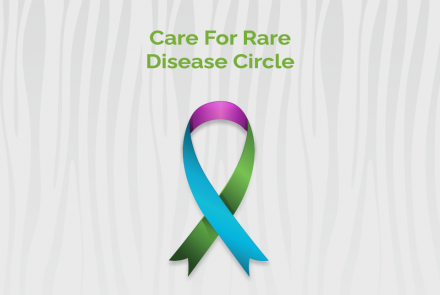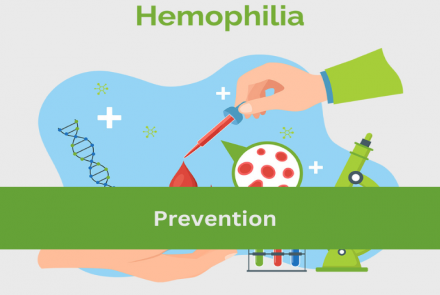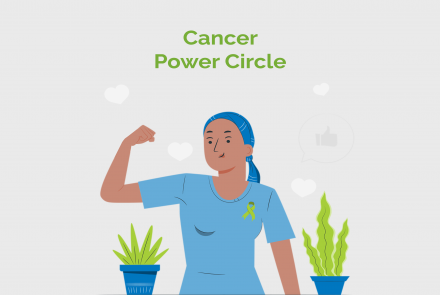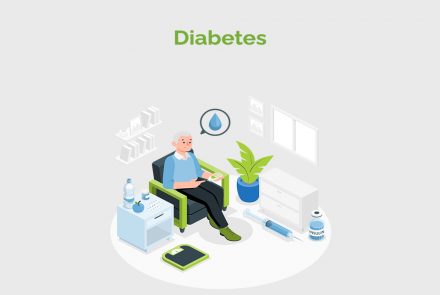A rare disease is any disease that affects a small percentage of the population. Most rare diseases are genetic and are present throughout the person's entire life, even if symptoms do not immediately appear. Many rare diseases appear early in life. This community is to allow persons with rare disease to get access to lived experiences and other resources and to connect with each other
Latest Communities
- This Community will address questions and discussions on all forms of Cancer. We will support each other - patients and…
- Pre-diabetes, Type 1, Type 2, Gestational, Complications, Diet and Nutrition, Yoga for Diabetes, Personal stories, News…
- Hypertension, High Blood Pressure, High Cholesterol, Heart Failure, Heart Disease, Cardiac Arrest, Heart Attack,…




















